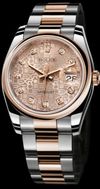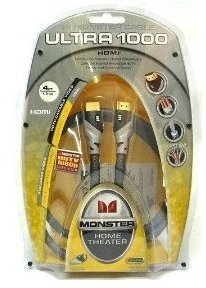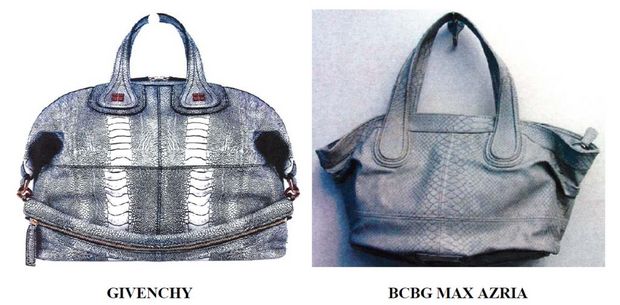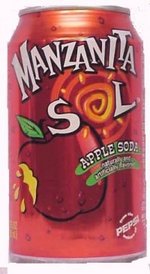Los Angeles, CA – Following the trend of fashion designers filing trade dress infringement lawsuits to protect designs not covered by copyright law, Jeffrey Campbell is suing Forever 21 for allegedly copying six shoe designs. Like Givenchy v. BCBG and Marc Jacobs v. Christian Audigier before it, Jeffrey Campbell is forced to use trade dress law to protect its designs because copyright law views fashion products, for example pursues and shoes, as useful articles that cannot be copyrighted. Unlike UGG, however, many fashion designers are unaware that fashion designs can be protected through design patents, which must be filed within one year of the design’s public disclosure. Without a design patent, Jeffrey Campbell must now attempt the tougher climb of proving trade dress infringement.
Jeffrey Campbell claims that its shoe designs “have become the footwear brand to know in the United States” over the last ten years and that customers, based on extensive marketing and advertising, recognize the shoe designs as Jeffrey Campbell’s trade dress. Plaintiff contends that Forever 21, “having a business model that . . . focuses on selling knockoffs or cheaper copies of products designed by higher-end fashion companies,” has intentionally copied the Cast Sandal, 99 Boot, Splendid Sandal, City Wrap Boot, Alicia Fur Boot, and Swansong Sandal. Jeffrey Campbell also asserts that Forever 21’s intentional copying violates federal and state unfair competition laws. The amount of monetary damages are currently unknown to Plaintiff, but it is also seeking a permanent injunction to prevent Forever 21’s future sales of the shoe designs.
The case is Jeffrey Campbell LLC v. Forever 21, Inc., CV11-04619 SJO (C.D. Cal. 2011).
 Los Angeles Intellectual Property Trademark Attorney Blog
Los Angeles Intellectual Property Trademark Attorney Blog


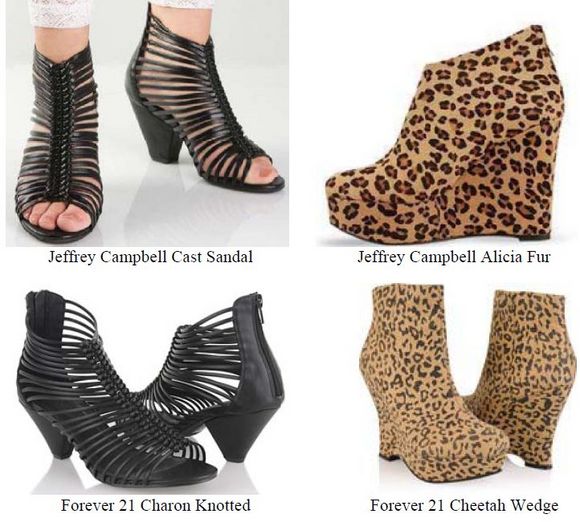
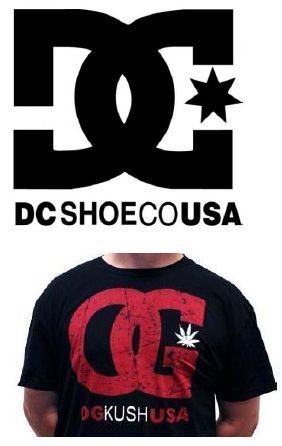

 Los Angeles, CA – Speck Products manufactures carrying cases for electronic devices, including the iPad, iPhone, iPod, and Blackberry. The products are sold bearing the Speck® or Candyshell® trademarks. Last week, Speck filed numerous trademark infringement and unfair competition lawsuits against numerous eBay sellers alleging sales of counterfeit electronic device cases. Plaintiff alleges that “Defendants use images and names confusingly similar or identical to Plaintiff’s Marks to confuse consumer and aid in the promotion and sales of its unauthorized and counterfeit product.”
Los Angeles, CA – Speck Products manufactures carrying cases for electronic devices, including the iPad, iPhone, iPod, and Blackberry. The products are sold bearing the Speck® or Candyshell® trademarks. Last week, Speck filed numerous trademark infringement and unfair competition lawsuits against numerous eBay sellers alleging sales of counterfeit electronic device cases. Plaintiff alleges that “Defendants use images and names confusingly similar or identical to Plaintiff’s Marks to confuse consumer and aid in the promotion and sales of its unauthorized and counterfeit product.” 